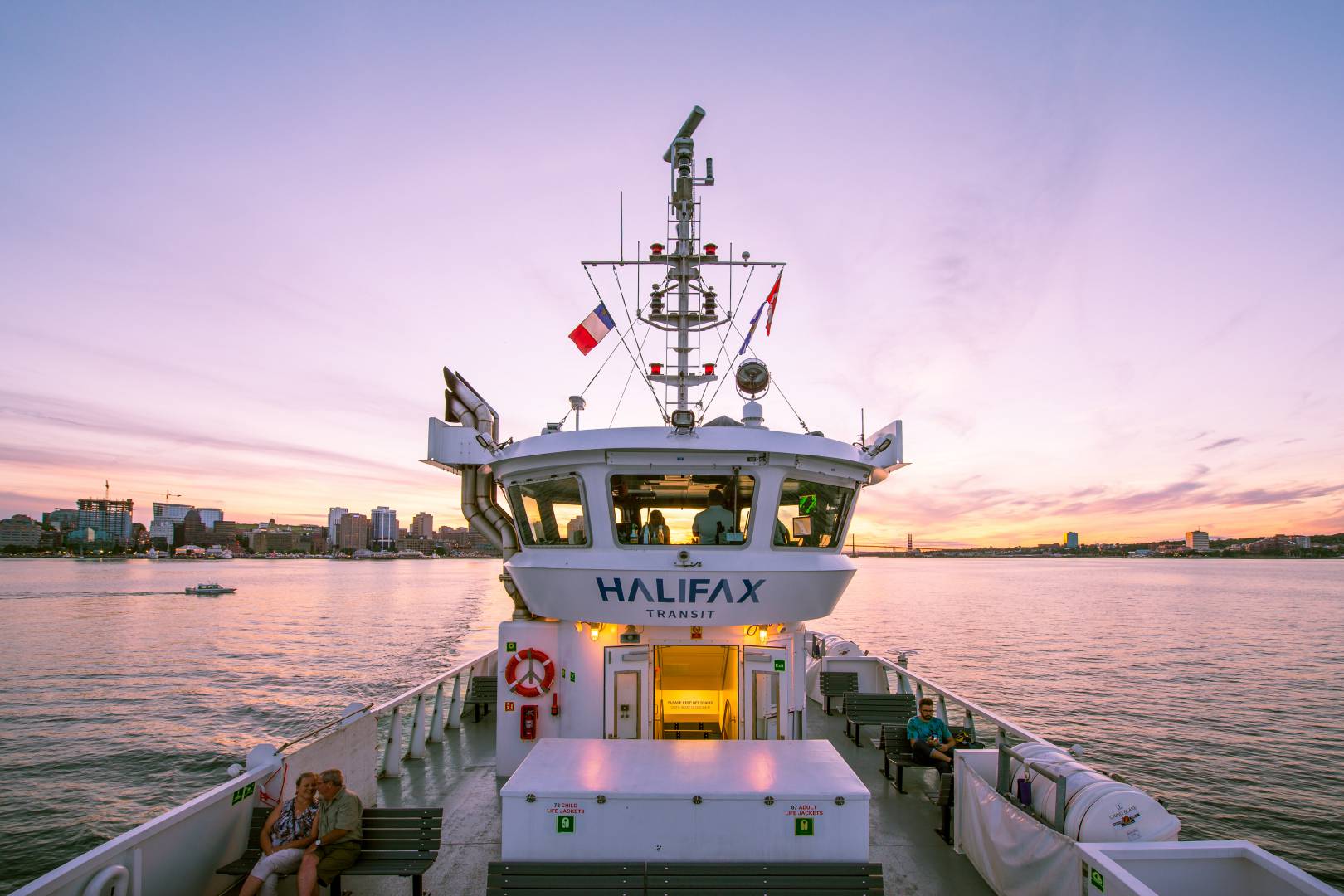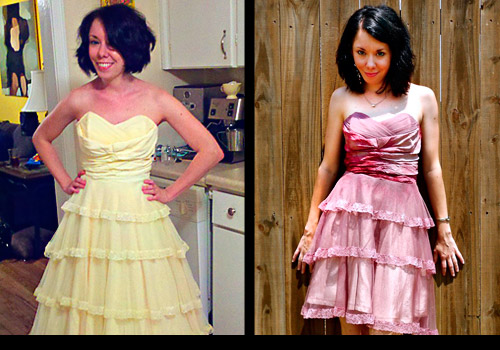
I woke this morning thinking about how my kids, the hearts of my heart, are about as far away from me and each other that they can be, geographically. One is in Europe, one in Australia, one back in Kingston while I am in Vancouver. It reminded me of the imagery I tried to share with them (but of course they found repellent, because, kids) that I can almost feel the leftover umbilical threads tugging at times, especially when I am worrying about them, or when I know life is being challenging for them. It’s a weird thing.
I raised them to be independent, to question the status quo, to be unafraid of trying new things. This has resulted in them being all over the world. I miss them, still find such joy in their contact with me. I have fantasies of them all being together, chatting and laughing with each other again. I used to love listening to them talk amongst themselves. This is unlikely to happen anytime soon.
But that’s the thing – you’ve got to let those kids go. Let them vanish and like that old tiresome quote: If you love something, set it free. If it is yours, it will come back to you. It’s risky, though. They may never come back. One of mine hasn’t. Still have that psychic umbilical attachment, though, even if these days it is more of an ache.
In my upcoming book, Spit & Polish, my main character, Ruth, is dying to leave her small town and move to the slightly bigger city of Kingston, ON. She’s bored, the local boys are mean, and she dreads having nothing to do but wash diapers for her always increasing brood of siblings.
In that time period, the years after WW2, choices for single women were few. All the jobs that had opened up for women during the war were closed with a snap. Men needed the jobs, everyone thought. Women should get married and have babies. And endlessly support their husbands, no matter how unfulfilling that might be. Ruth, at her young age of 18, didn’t love that option. She wanted an alternative.
But her parents wanted her nearby, of course. At least until she got married. Which is why Ruth was so surprised to find her mother supporting her to go away to nursing school. It meant a very real increase of work for her mother, and Ruth is frequently guilty about her escape. (Not so much that she wants to go home, though…)
While nursing might seem a stereotypical choice for women now (I beg to differ, having had a very varied and exciting career as a nurse myself), it certainly wasn’t then. Nursing was just becoming respectable, and nurses were continually being portrayed as being easy, loose, a bit tawdry. Nursing schools were incredibly strict to help control this image, and students were held to a very high standard for behaviour. Of course there were a few who snuck out after hours, misbehaved with patients, followed doctors like eager puppies. Ruth doesn’t dare. She knows she is there on a short leash from her father, and she is terrified of losing her route to what she hopes is a satisfying career.
It doesn’t help that challenges are thrown at her every time she steps just a wee bit out of line. Still, she keeps on, gradually becoming braver as she falls more in love with nursing. It gives her strength to stand up for her choice, even as another pregnancy makes her guilt about not being at home to help her mother. Fortunately, Mrs. Maclean is willing to do the letting go, to allow herself to accept the risk of losing Ruth forever.
I’ll be doing an interview about the book with OC Publishing, on their Author’s Journey sites : YouTube, and Facebook, on Tuesday February 27. I’m delighted to have a chance to visit with Anne O’Connell, who has been a tremendous supporter of writers and writing.
Spit & Polish officially launches February 29th. It’s on sale (the ebook) for pre-order until then on Kobo, Amazon, Apple Books and more. Why not grab a copy and see what happens to Ruth in this first in a series of books on Ruth, nursing education, medical care, and Kingston, ON in 1946.























 My friends are kindly silent about my selections, bless them.
My friends are kindly silent about my selections, bless them.